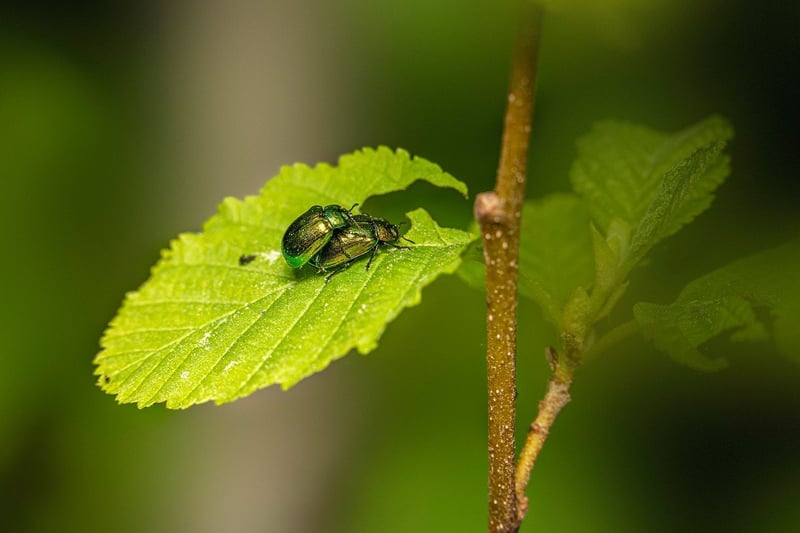Pest Control Strategies
Keeping Your Vertical Garden Healthy + Pest Control Strategies
Introduction:
Vertical gardens are a fantastic way to bring greenery into small spaces or add a touch of nature to your environment. However, maintaining a vertical garden requires some care and attention to keep it healthy and thriving. In this article, we will explore tips on how to keep your vertical garden healthy and effective pest control strategies to deal with common garden pests.
1. Watering:
Proper watering is crucial for the health of your vertical garden. Make sure to water your plants regularly but avoid overwatering, as it can lead to root rot. Consider using a drip irrigation system to ensure even watering throughout the garden.
2. Sunlight:
Most plants in vertical gardens require adequate sunlight to thrive. Place your vertical garden in a location that receives sufficient sunlight based on the needs of the plants you have chosen. Monitor the sunlight levels regularly to ensure optimal growth.
3. Fertilization:
Regular fertilization is essential to provide your plants with the necessary nutrients for healthy growth. Use a balanced fertilizer according to the specific needs of the plants in your vertical garden. Be mindful not to over-fertilize, as it can harm the plants.
4. Pest Control Strategies:
Despite your best efforts, pests can sometimes infest your vertical garden. Here are some effective pest control strategies:
a. Natural Predators:
Introduce beneficial insects like ladybugs or lacewings that feed on common garden pests such as aphids or mites. They can help keep pest populations in check without the need for chemical pesticides.
b. Neem Oil:
Neem oil is a natural insecticide that can be effective against a variety of garden pests. Dilute neem oil with water and spray it on the affected plants to control pests like whiteflies or mealybugs.
c. Diatomaceous Earth:
Diatomaceous earth is a natural pest control remedy that can be sprinkled around your vertical garden to deter crawling insects like ants or slugs. It is safe to use and does not harm plants.
d. Companion Planting:
Planting pest-repelling herbs like basil or marigold alongside your main crops can help deter pests naturally. Research companion planting techniques to find the best combinations for your vertical garden.
Conclusion:
By following these tips for maintaining a healthy vertical garden and implementing effective pest control strategies, you can ensure that your green oasis thrives and remains pest-free. Remember to observe your plants regularly, address any issues promptly, and enjoy the beauty of your vertical garden!

Image source: Pixabay
